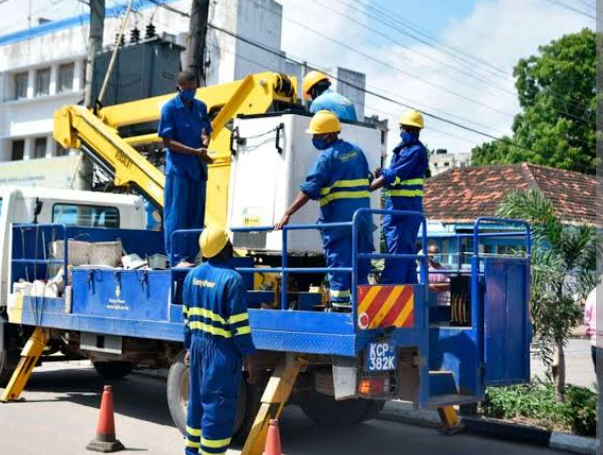The World Bank (WB) has warned the Kenyan government against pushing to end Kenya Power’s monopoly in electricity sales, claiming that exposing the utility to competition could lead to higher electricity prices and potentially cripple the company.
World Bank, therefore, sees this move weighed up by the Government of Kenya, as a threat that would stall other firms ability to sell power directly to consumers which in the end, risks undermining Kenya
Power’s ability to meet its long-term wholesale electricity agreements with generators like KenGen, Lake Turkana Wind, and OrPower4.
The warning was conveyed through the International Monetary Fund (IMF) during a meeting with top Treasury officials in
Washington, DC, ahead of agreeing to provide Kenya with a Sh78.3 billion loan.
Despite the government’s intention to offer consumers choice and ultimately lower power bills by liberalizing the electricity market, the World Bank predicts chaos and costlier electricity under the proposed changes. Commercial and industrial customers, who account for 51.2% of Kenya Power’s sales revenues and subsidize some domestic consumers, could migrate to new entrants, making it difficult for Kenya Power to meet its obligations.

Additionally, criticisms have emerged over high transmission costs associated with Kenya’s infrastructure projects, notably Adani’s power transmission lines, which critics argue are inflated and could burden consumers further.
The push for a Public-Private Partnership (PPP) model to fund these projects has been met with skepticism, as it may lock Kenya into costly long-term commitments without evident financial need, casting doubt on the overall benefits of introducing private sector competition in Kenya’s electricity market. As Kenya’s largest foreign lender, with unpaid loans standing at Sh1.8 trillion, it remains to be seen whether the government will proceed with ending Kenya Power’s monopoly in the
face of the World Bank’s concerns.
This warning comes even as President William Ruto, on Thursday 24 October in Nakuru, continued to persuade Kenyans to embrace controversial partnership between Adani Group and the government, saying the private partners have the potential to fund multi-billion projects in Kenya.

The Head of State believes that partnering with Adani will relieve Kenyans from heavy tax-burden while also reducing overdependence on loans to finance mega-projects in the country.
“It is important for us as a nation to appreciate that a partnership between the public and private sector gives us a win-win situation where we can deliver public services using the investment of private sector as a way supporting overall development in our country,” Ruto stated, while leading in the launching of the 35MW Orpower 22 Power Plant, at Menengai, Nakuru.